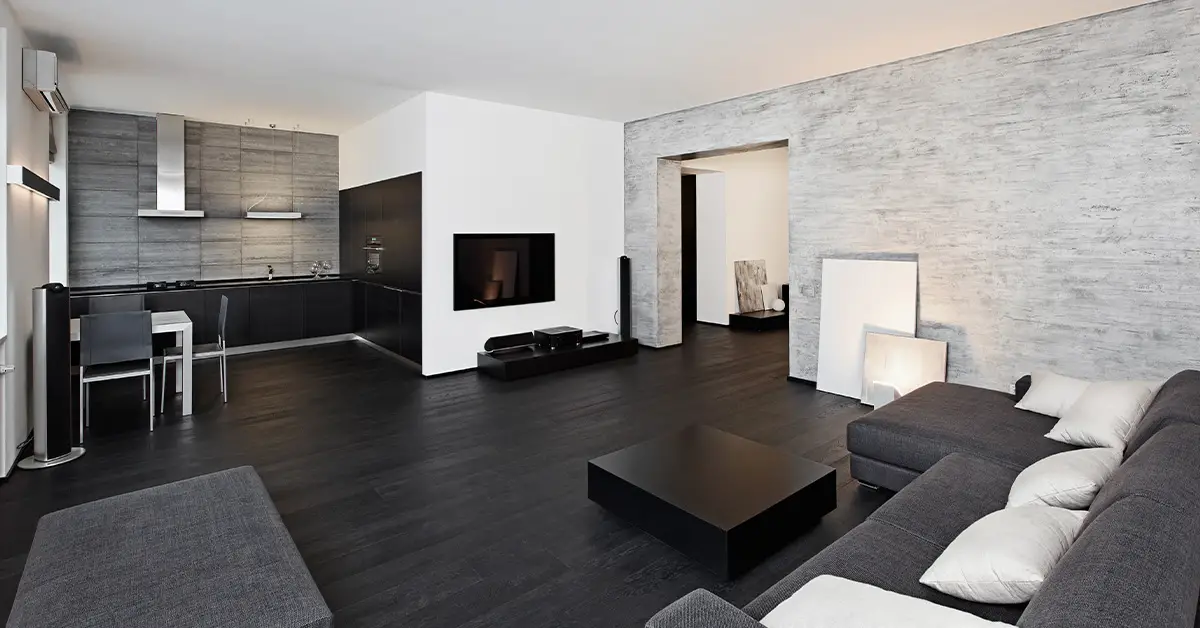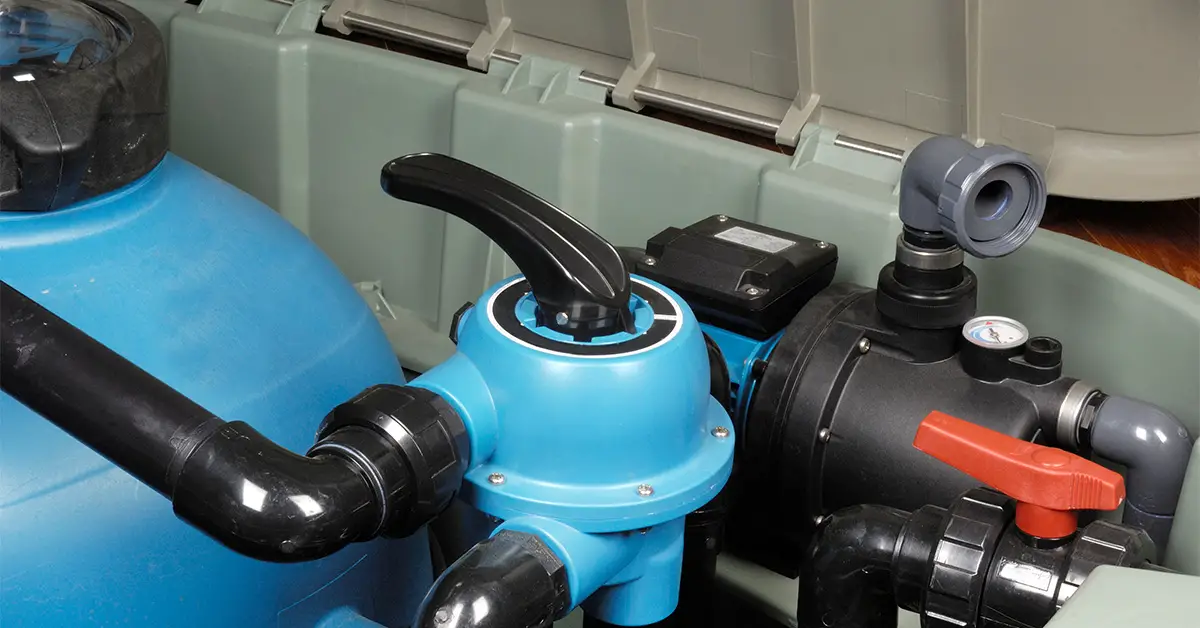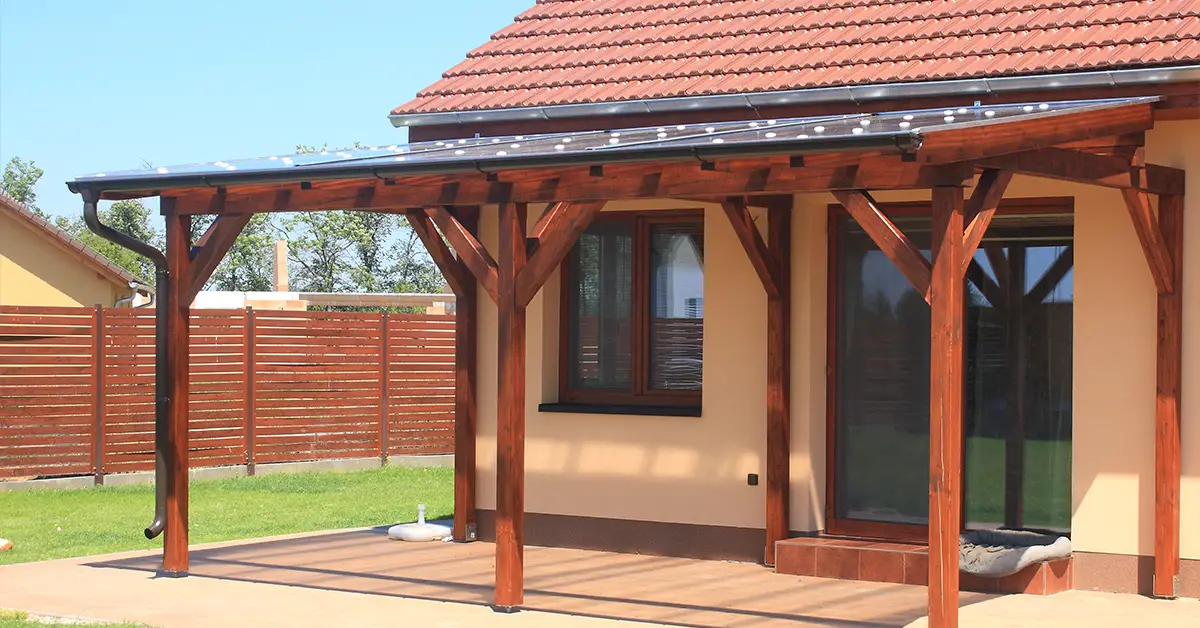On average, people in America move 11.7 times during their life. This might be for work, to be closer to family, or to find a property that suits their needs at a certain time. Whatever, your reason for moving, this can signal an exciting new chapter in your life.
However, a lot of planning goes into moving home and, if you’re looking to move further afield, this requires some research.
Are you thinking of relocating to join Hawaii’s 1.4 million-strong population? Then it’s important to understand the living cost in Hawaii first.
This will ensure that you can live comfortably in your dream home. So how much money do you need to live in Hawaii? Read on to find out more!
Table of Contents
Considerations When Figuring Out the Living Cost in Hawaii
Before we get into the exact figures of how much it costs to live in Hawaii, it’s important to note what affects these figures.
Obviously, this depends a lot on who you are moving with and who you need to support while living in Hawaii. For example, a couple with two children will need to make significantly more than someone living alone. Their expenses and monthly rent or mortgage rate will be a lot higher.
It’s also worth keeping in mind the level of comfort that you are looking for. Living in the best places in Hawaii will be more expensive, as these will be very popular. Generally, the cost of living in cities is also higher than living in the countryside.
Some of the most expensive places to live in Hawaii include:
- Kaneohe Station
- Wailea
- Urban Honolulu and East Honolulu
- Kailua CDP (Honolulu County)
- Haiku-Pauwela
- Napili-Honokowai
- Kula
If you are working with a tighter budget you may want to look elsewhere.
The Average Income in Hawaii
Okay, to start with let’s take a look at what you have got to work within Hawaii. Your salary will have a big impact on deciding how comfortably you can live. Of course, this depends a lot on the number of hours that you work and your rate of pay.
MIT’s Living Wage Calculator estimates that for you to live comfortably in Honolulu you need to make $20.61 per hour. If you are a couple with two children then you need to make $26.45 per hour each.
So a couple with two children needs a combined salary of $105,800 per year. A single adult needs a salary of $41,220 per year. Fortunately, the average salary in Hawaii’s capital, Honolulu, is $67,000. So this should be manageable provided that you are in well-paid, regular work.
To understand this better, let’s get down into the details of the cost of living in Hawaii.
Housing Prices in Hawaii
If you are moving to Hawaii you may be planning on buying a house. In that case, you may want to rent a property while you look at houses or you might want to rent full-time. Either way, it’s important to understand the costs of housing on the islands.
As a general rule of thumb, renting homes and apartments in Hawaii is expensive. Here is what you can roughly expect to pay for different properties in Hawaii:
- A studio apartment: between $1,000 and $1,600 per month
- A one-bedroom apartment: between $1,500 and $2,000 per month
- A two-bed apartment or house: starting from $1,800 per month at least
- A luxurious one-bed condo: starting from $3,000 per month at least
All of these prices do not include the cost of utilities.
If you are planning to buy then the average price of a family home in Hawaii is around $870,00. Of course, buying in less popular areas will be cheaper. If you have the time then it may also be cheaper to buy a plot of land and build your own home, provided that you can find a contractor you want to work with.
Utility Bills in Hawaii
As we’ve already mentioned, most rental prices do not include the cost of utilities. In Hawaii, these are significantly more expensive than the national average.
The average energy bill in Hawaii is $168.13 (compared to the average of $117.65.) On the plus side, Hawaii is committed to generating renewable energy and uses a large number of solar panels. It is the first state to have created a deadline for reaching 100% renewable energy production by 2045.
Transportation Costs in Hawaii
Knowing how to get around in Hawaii is essential. Unlike some of the other states around America, your transport options in Hawaii are a little more limited. The majority of people drive or use the bus system.
At the moment, gas prices sit around $3.16 per gallon in Honolulu. If you are planning to take the bus around Hawaii then most tickets cost $2.75 for one journey.
If you do want to drive into work, for example, then you may need to rent a parking space as well. These can cost between $100 and $200 per year.
Food Costs in Hawaii
When it comes to grocery shopping in Hawaii, food doesn’t come cheap. In fact, on the national index of 100 by the Missouri Economic Research and Information Center, Hawaii ranked 193.4. This is significantly higher than New York, California, Washington, and Oregon.
A gallon of milk, for example, can cost you anything from $5.50 upwards. If you are planning to buy your groceries from local businesses then this will cost you even more.
Because of these high food prices, eating out in Hawaii is also expensive. Breakfasts cost between $8 and $12 and lunches cost between $8 and $15. In comparison going out to dinner will cost you between $15 and $30 per head, if not more.
Financial Obligations in Hawaii
So we’ve taken a look at some of the day-to-day costs that you should consider before moving to Hawaii. But what about its financial regulations?
Well, we’ve got some good news for you here. The property tax rate in Hawaii is 0.35%, which is one of the lowest in the country. The income tax rate can range from between 1.4% and 11%, compared to the national average of 22.4%.
So more of the money that you make will stay in your pocket. The cost of employee insurance coverage is also one of the lowest in the country, so you’ll save money there.
As a retiree, any social security retirement benefits or public pension schemes are not taxed by the state. However, the income provided by private pensions or savings accounts is.
Monthly Budget Example
We’ve thrown a lot of figures at you so far and visualizing how much this will actually cost can be difficult. So we’ve put together an example budget for you to look at.
This budget is based on the needs of a family of four living in a mortgaged property. It assumes that you:
- Have an AC unit that you try to use sparingly
- Use two gas cars
- Shop at one of the cheaper stores, such as Costco or Safeway
- Dine out at a fairly priced restaurant once or twice a week
- Live close to your place of work
To do all of this, you will need the following monthly budget:
- $2,900 for your mortgage
- Between $800 and $1,000 for groceries
- $190 for electricity
- $380 for transport
- $500 for dining out
- $196 for property taxes (these maybe be paid in one annual payment)
Of course, if you live alone, your monthly budget will be significantly cheaper. On the flip side, a larger home or family will require a bigger budget.
How Does Hawaii Compare to Other States?
If you’re thinking of relocating from elsewhere in America, you might be comparing Hawaii to other states. So how does the cost of living compare to these states?
The cost of living per month in Hawaii is cheaper than it is in San Fransisco (CA), San Diego (CA) Manhattan (NY), and Seattle (WA). Compared to Anchorage (AK) and Denver (CO) it is significantly more expensive. It is worth noting, however, that more expensive cities also offer a high average annual salary to cover the living costs.
Interestingly some of the monthly living costs in Hawaii are higher than they are in San Fransisco and Manhattan. For example, the mortgage rate in Hawaii is higher than Manhattan’s and groceries are cheaper in California.
However, the cheap property taxes in Hawaii help to bring down the monthly cost of living significantly. In fact, compared to all six of these cities, Hawaii has by far the cheapest property taxes. So if you are planning to buy this could be a deal-breaker for you.
Get Your Budget in Place Before Moving to Hawaii
As you can see, the living cost in Hawaii is fairly steep so it is important to have a budget and job in place before you move there. This will ensure that you can live comfortably and enjoy all the stunning benefits that Hawaii has to offer.
Are you looking to buy a property in Hawaii? Then head over to our on buying apartments versus houses to find out which will stretch your money further!







